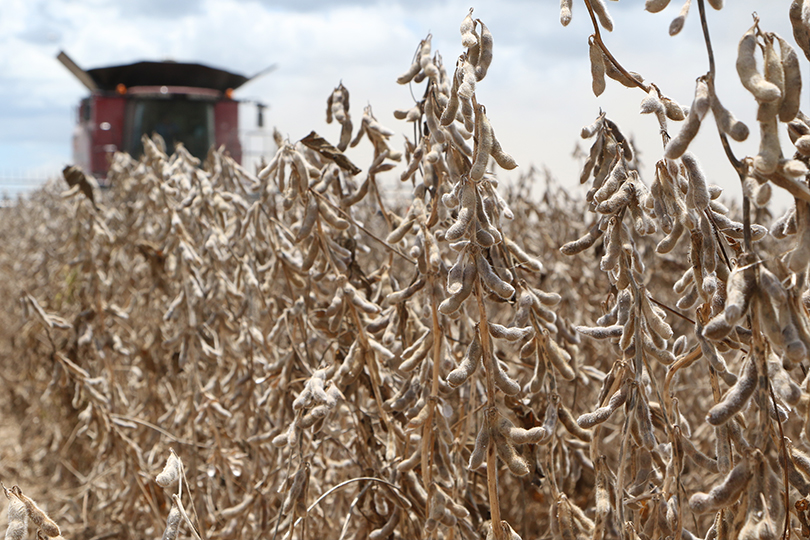Conversations are underway regarding the next farm bill—both on Capitol Hill and across farm country.
“Some of the conversations beginning on Capitol Hill have to do with how effective the 2018 Farm Bill has been and reviewing programs that currently exist in the 2018 Farm Bill, as well as what gaps exist for coverage, particularly in crop insurance and making sure that any issues that have come up in the last couple of years can be addressed,” American Farm Bureau Federation (AFBF) Economist Shelby Myers said.
AFBF also launched its grassroots policy development process, beginning with a farm bill working group.
“Beyond the conversations that we’re having with Capitol Hill, members of Congress, internally we’ve also launched our Farm Bill Working Group of state Farm Bureau staff members to make sure that they are armed with the tools and information necessary to help members have these conversations, making sure that we’re prepared with economic analyses that can help members assess the situation that they see in front of them and be able to weigh options in order to have a better idea of what they’d like to advocate for,” she said.
Texas Farm Bureau (TFB) Associate Director of Commodity and Regulatory Activities Brant Wilbourn is serving on the working group.
Panhandle farmer and former TFB Vice President Robert Gordon is representing the organization on AFBF’s Farm Policy Issues Advisory Committee, which covers price and income support programs, conservation programs and risk management programs, including crop insurance.
“The 2023 Farm Bill is on the minds of farmers and ranchers right now. Conversations are centered on risk management tools that are important in uncertain and volatile markets—much of what we’ve experienced over the last few years,” Wilbourn said. “It’s also important to note that the farm bill has helped protect our nation’s food security and our supply of domestic renewable energy and fiber, as well as incentives for conservation programs.”
The U.S. House Agriculture Committee held a hearing this week to learn more about farm bill needs from agricultural organizations.
“This is the best time for Farm Bureau members to start talking about the 2023 Farm Bill, especially in the policy development conversations that are happening at the county Farm Bureau level, assessing your on-farm situation and learning how you’ve been impacted by the Farm Bill thus far, and maybe pros and cons that you’ve run into over the years and how you can carry that through the policy development process,” Myers said.

